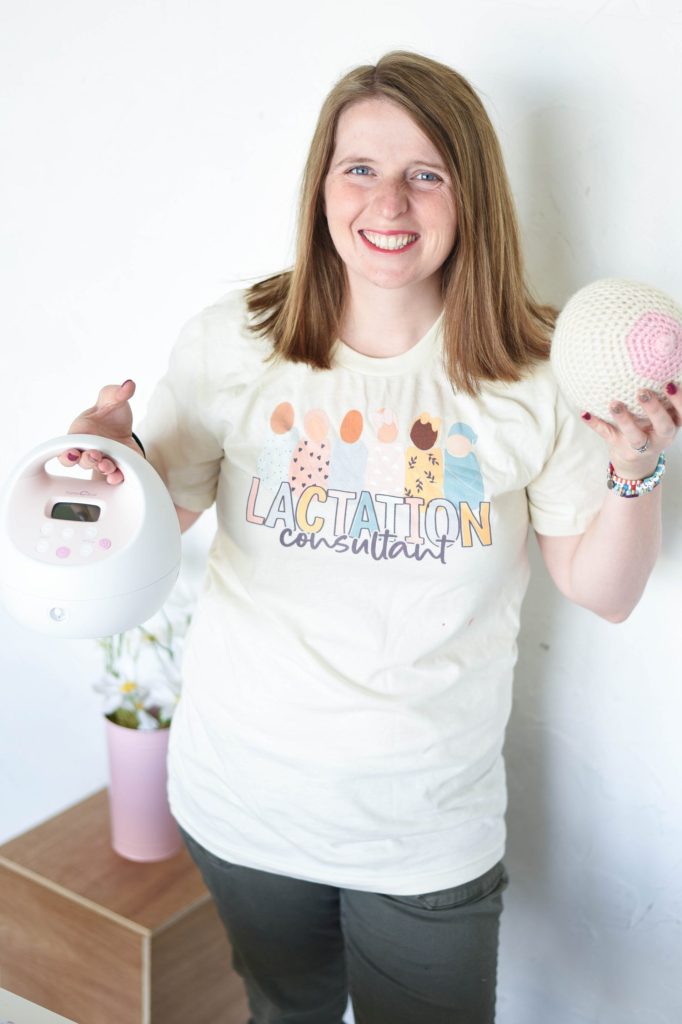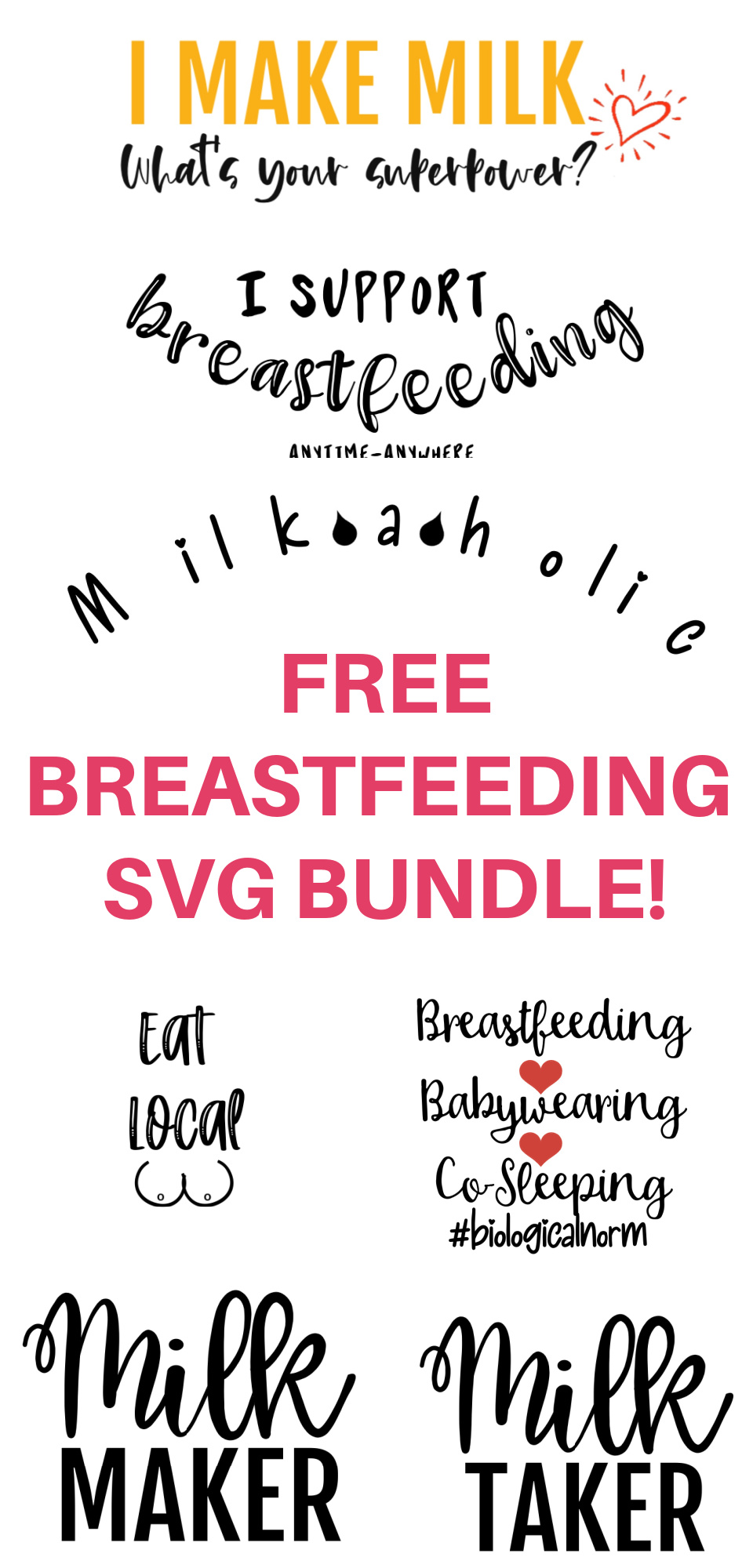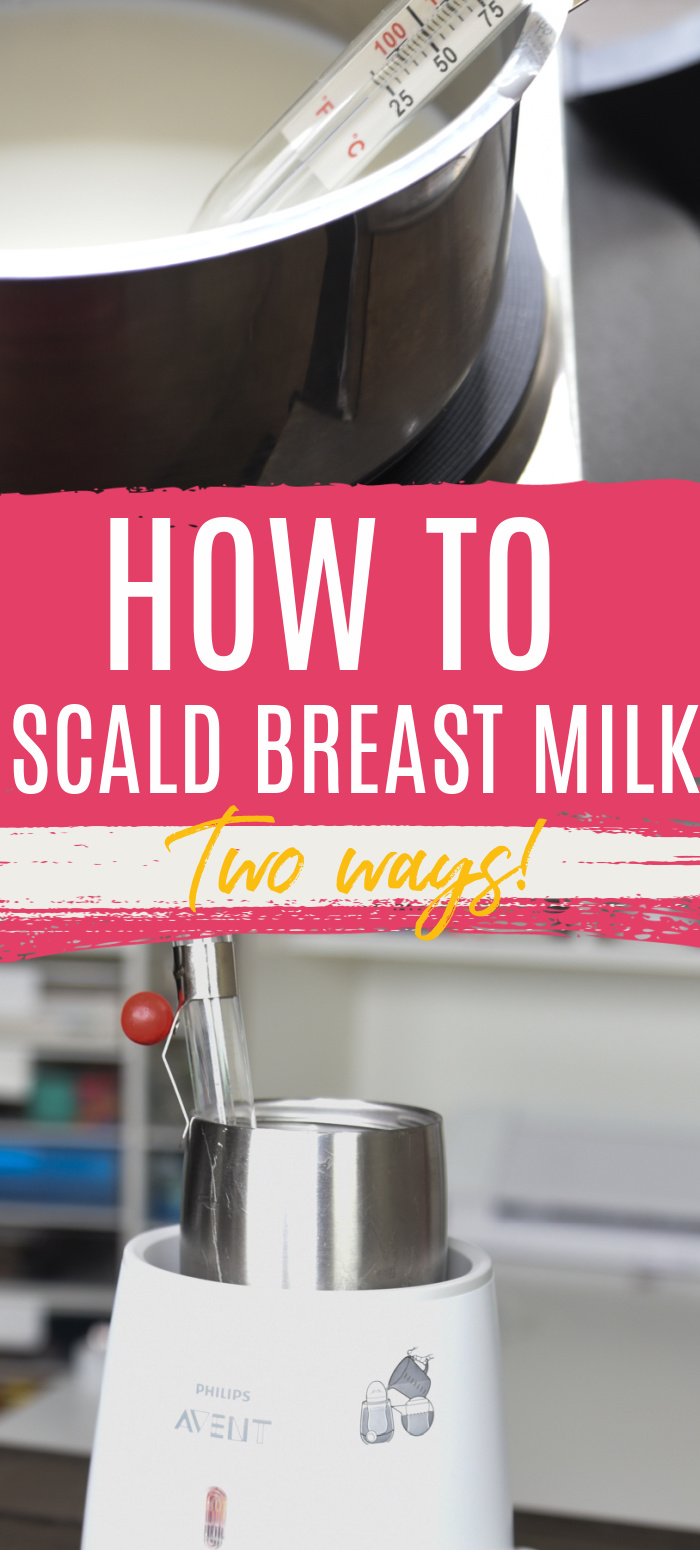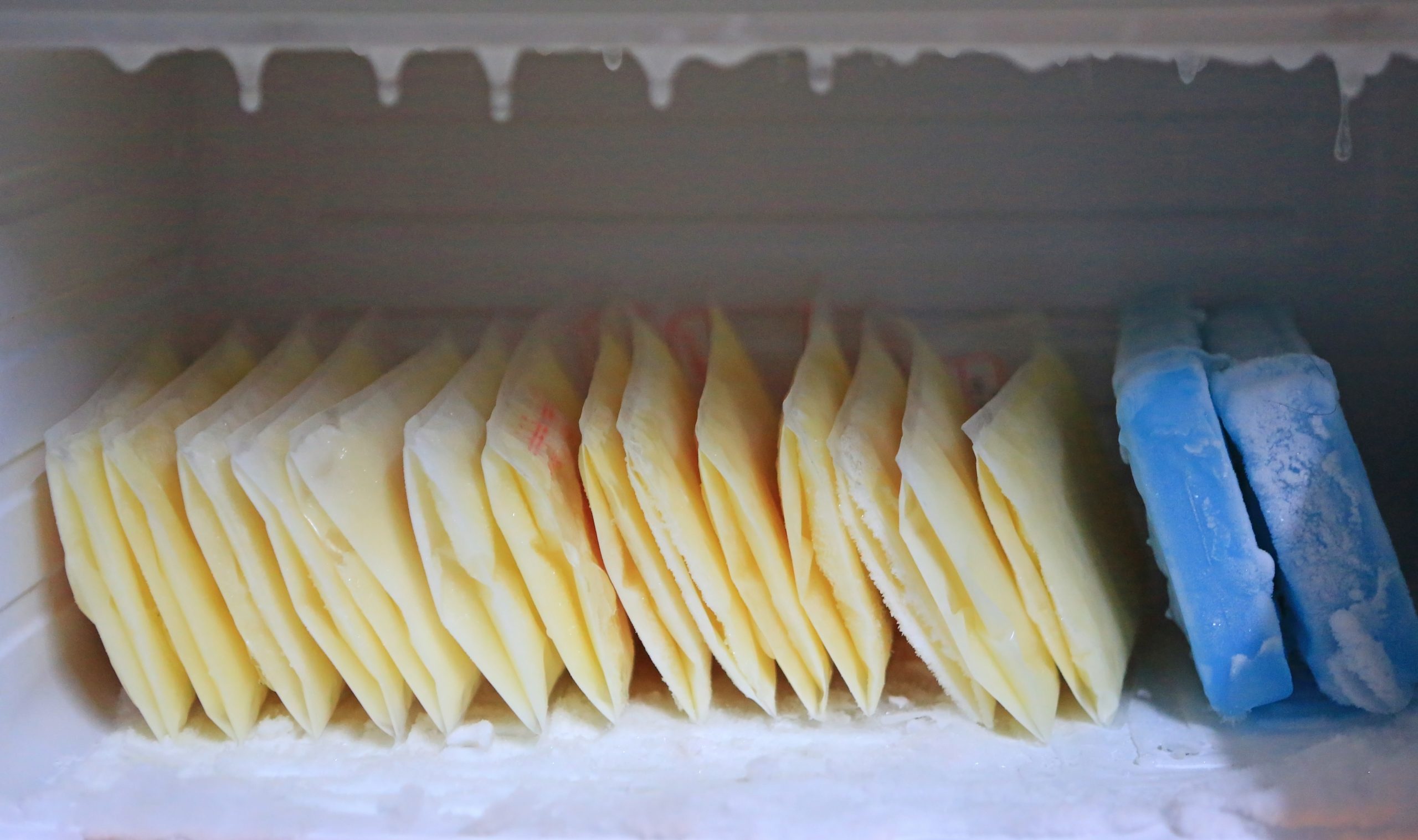Are you needing to supplement your breast milk and wondering if formula or breast milk is the right choice? Iin this article, we share information on breast milk versus formula to help you make an informed choice for your family
At some point, some mothers find they are not able to produce the amount of breast milk their child needs. While the most common choice is to offer formula as a supplement, many mothers are not aware of the option of donor breast milk. There are countless factors to consider when deciding between donor milk and formula – and there is no one right choice for everyone.

There are two primary types of milk for infants when their mother or primary caretaker is unable to provide all the breast milk that they need: donor milk and formula. If you are reading this post, you are likely trying to decide what your options are. Let’s dive in!
What is donor milk?

Donor breast milk comes from other, healthy breastfeeding women. It’s screened for safety and processed using strict procedures to decrease risk of exposure to infectious disease. Donor milk can be an incredibly valuable resource for babies who are at increased risk of poor growth due to prematurity, low birth weight, or any other condition where breastfeeding is either not possible or difficult.
Donor milk can be accessed through human milk banks or shared with friends or family through private arrangements. If you are interested in donating breast milk to a milk bank, the Human Milk Banking Association of North America (HMBANA) has more information on their website.
What is formula?

Formula is a man-made substitute for breast milk that is usually made with cow’s milk or soy, though there are some goat milk formulas out there. It is important to note that there are different types of formula, so it’s important to select the right one for your child’s needs. There are also some instances where a baby will need a specialized formula to help them better thrive.
What are the benefits of donor breast milk?

Donor milk can be incredibly valuable when it comes to helping babies who have difficulty gaining weight or have an increased risk of NEC (necrotizing enterocolitis) or other conditions that affect breastfeeding. For these little ones, donor milk can provide the important nutrients they need to grow and thrive.
Donor milk can also be great for providing the nutrients and antibodies that only breast milk can produce. For many mothers, offering breast milk – even if it’s not their own – is important to them. Having donor milk as an option can help alleviate some of the stress or even grief that can come from not being able to produce the milk they would like their baby to have.
Some children cannot digest or tolerate formula and thrive better on breast milk. Having the option of donor milk in this situation where the primary caretaker is unable to provide any/all of the baby’s breast milk is so important.
What are the benefits of formula?

Formula has been widely used for decades, and it’s a completely suitable option to provide to an infant. Here are a few reasons why formula might be a better option:
- It is available almost everywhere, making it a convenient choice for parents.
- Formula is fortified with important vitamins and minerals that help babies grow and develop.
- Formula is affordable and can be easily tailored to meet a baby’s specific needs, such as food intolerances, reflux, or sometimes rare disorders that require a very strict diet (such as PKU)
- For those who can’t afford formula, they can often qualify for formula through WIC
So, which is best for my baby?
Overall, donor milk is best suited for babies who are at increased risk of poor growth or other health complications. For low birth weight (LBW) babies, the WHO says that “LBW infants should be fed mother’s own milk. When a mother’s own breast milk is not available, the alternatives are either expressed breast milk from a donor mother or formula milk.” They do not seem to have an official stance on babies who are not considered LBW.
For parents who want to provide the benefits of breast milk, but, for any reason, are unable to produce all or any for their child’s needs, it can be a great option to look into. If your baby is needing supplementation in the hospital, donor milk in the hospital. is a great option.
Formula is the more common and most convenient choice, especially after you leave the hospital since you can buy it pretty much anywhere. If your baby has special dietary needs, it can be simpler to find a formula that is geared toward that issue rather than finding a donor who meets the strict requirements.
Ultimately, the best choice for your baby depends on their individual needs. Speak with your trusted medical provider to get their advice on what is best for your child.








